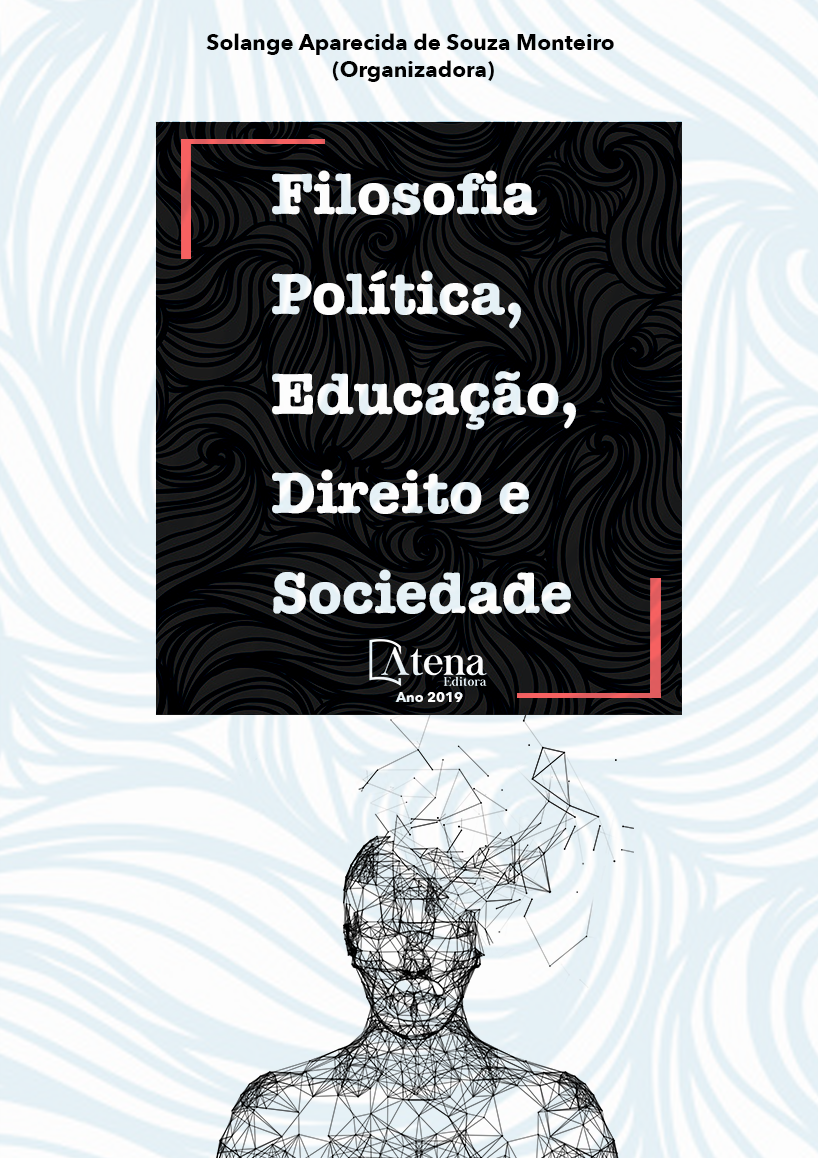
O DIREITO À EDUCAÇÃO PROFISSIONAL E TECNOLÓGICA PARA OS JOVENS COM FULCRO NO ESTATUTO DA JUVENTUDE
O Estatuto da Juventude é um
dos dispositivos legais do Brasil que regula a
educação básica, descrevendo que essa é
obrigatória e deve ser oferecida gratuitamente a
todos os jovens, inclusive para aqueles que não
tiveram acesso à educação, na idade adequada,
conforme ditames da Constituição Federal
de 1988 e da Lei n.º 9.394, 20 de dezembro
de 1996. Desse modo, objetiva-se analisar
o Estatuto da Juventude como instrumento
jurídico regulamentador das garantias de
direitos constitucionais aos jovens, de forma
articulada com os indicadores educacionais
oficiais, que analisam a inserção ou não
desses sujeitos nos processos educativos
de formação profissional. Trata-se de uma
pesquisa bibliográfica/documental, na qual a
abordagem metodológica privilegiou a leitura
e interpretação de uma Lei, cujas nuances
envolvem a temática e compõe a história dos
marcos legais da juventude no Brasil. Observase,
nessa perspectiva, que a ação investigativa
vai além do estudo no dispositivo legal em
seus instrumentos e técnicas previamente
definidas, posto que a ação metodológica é um
processo minucioso gerador de conhecimentos
inacabados e passíveis de críticas no movimento
dialético da história. Entende-se, que vai além
das aparências dos fatos e fenômenos em
estudo, mesmo sendo o objeto de pesquisa
um instrumento legal, porquanto pertence a
um dado contexto sócio histórico, econômico e
cultural, no qual as contradições são aparentes
no sentido de que a existência da Lei não
garante a essência da garantia dos direitos à
educação profissional para os jovens do país.
O DIREITO À EDUCAÇÃO PROFISSIONAL E TECNOLÓGICA PARA OS JOVENS COM FULCRO NO ESTATUTO DA JUVENTUDE
-
DOI: 10.22533/at.ed.9401904024
-
Palavras-chave: Juventude; Estatuto da Juventude; Direito à Educação Profissional.
-
Keywords: Youth; Youth Statute; Right to Professional Education.
-
Abstract:
The Youth Statute is one of the
legal provisions of Brazil that regulates basic
education, describing that it is mandatory and
should be offered free of charge to all young
people, including those who did not have
access to education, at the appropriate age,
according to the dictates of the Constitution
Federal Law of 1988 and Law n.º. 9,394,
December 20, 1996. Thus, the objective is to
analyze the Youth Statute as a legal instrument
regulating the guarantees of constitutional
rights for young people, in a way that is in
line with official educational indicators, which
analyze the insertion or not of these subjects
in the educational processes of professional
formation. It is a bibliographical/ documentary
research, in which the methodological approach
privileged the reading and interpretation of a
Law, whose involve the theme and compose
the history of the legal milestones of youth in Brazil. It is observed in this perspective
that the investigative action goes beyond the study in the legal device in its previously
defined instruments and techniques, since the methodological action is a meticulous
process generating unfinished and criticized knowledge in the dialectical movement of
history. It is understood that goes beyond the appearances of the facts and phenomena
under study, even though the object of research is a legal instrument, since it belongs
to a given socio-historical, economic and cultural context, in which contradictions are
apparent in the sense that existence of the Law does not guarantee the essence of the
guarantee of the rights to professional education for the country’s youth.
-
Número de páginas: 15
- Yossonale Viana Alves


